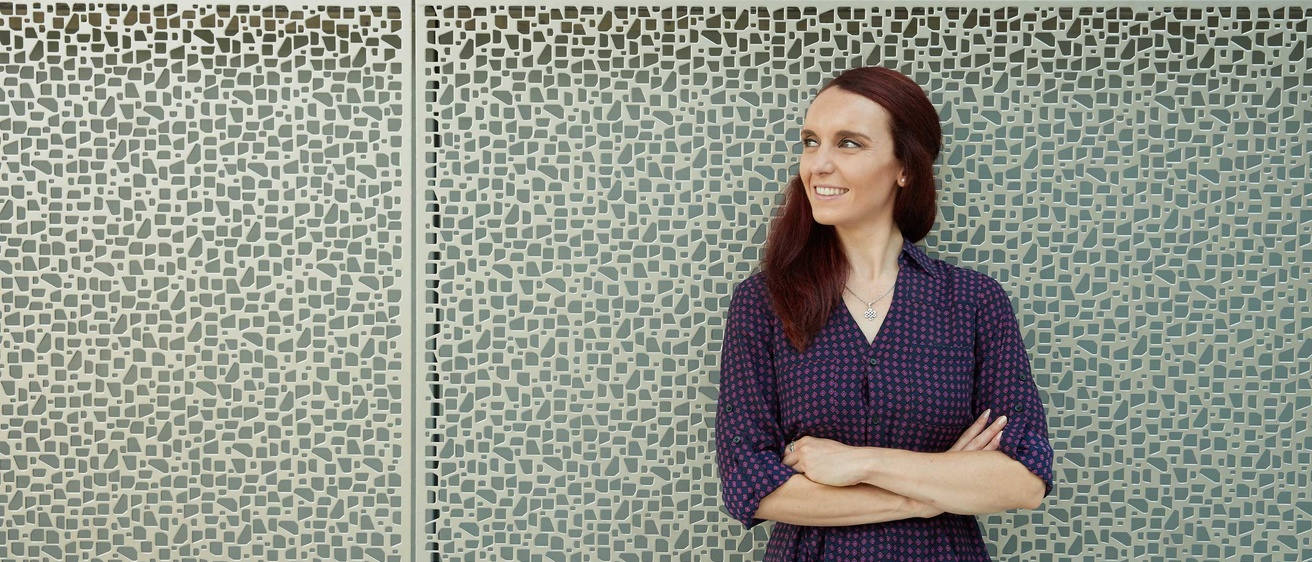Main navigation
A smaller program offers big advantages
The PhD program in economics at the University of Iowa prepares students to become active researchers in economics. This small, selective program allows for a high degree of student-faculty interaction, and encourages students to become engaged in research early during the program.
Tippie is ranked #28 among public universities for our undergraduate program in economics and #53 for top graduate schools in economics (U.S. News & World Report).
The program emphasizes high-quality instruction with a focus on the econometrics and applied microeconomics fields of labor economics, public finance, health economics, applied econometrics, behavioral and experimental economics, and game theory and industrial organization.
What do you do?
Associate Professor David Frisvold talks economics research.
Career placements
Our PhD program has a long history of successful placements. Since 2009, our PhDs have joined universities, businesses, major banks, governmental orgs, and NGOs around the world, including:
- University of Chicago
- University of Virginia
- Texas A&M
- Federal Reserve
- IMF
- Census Bureau
- Amazon
“Even people I’ve never worked with directly have come up from time to time and asked if I needed anything. That’s special to the small program here.”
Faculty just down the hall
The program's small scale means you’ll interact with faculty on a consistent basis who support and encourage your research. Faculty who hold editorships and leadership roles in prominent journals like Economic Theory, Management Science, and Games and Economic Behavior. Explore their research to learn more about their areas of expertise.

Anne P. Villamil

Anil Kumar

Suyong Song
Getting in
First, you need to meet the university's minimum PhD admissions criteria. Other criteria for admission include:
Academic record
An undergrad degree in economics isn't a prerequisite for admission. The recommended academic background includes:
- Coursework in economics: intermediate micro and macro, econometrics, game theory, and mathematical economics
- Coursework in mathematics: multivariate calculus, linear algebra, introductory probability/statistics, real analysis, and optimization
Your academic record in economics and mathematics/statistics courses (in particular those listed above) will be closely reviewed. We don't expect you to have taken all the courses listed above, but at a very minimum, a very good performance in the full calculus sequence is required. At least two more math courses and two econ courses from the above list are usually needed.
GPA
A 3.0 minimum is required. We also consider the rigor of your undergrad or master's institution(s).
GRE score
We do not accept GMAT scores in lieu of the GRE.
Statement of purpose
Content and overall seriousness are considered. Applicants should describe how their research interests match with the emphasis of the program on econometrics and applied microeconomics fields and with the research interests of the faculty.
Letters of recommendation
We're interested in their assessment of your strengths, weaknesses, motivation, and ability to succeed.
English proficiency
This requirement applies only to international applicants whose native language is not English. We follow the Graduate College's English proficiency requirements.
Curriculum and sample plan of study
The PhD in economics requires 72 semester hours of credit, in addition to a dissertation. The typical time to complete the degree is five or six years.
An M.A. in economics or an allied field may be earned concurrently with the doctoral degree. Students typically satisfy the requirements of the M.A. degree in economics with successful completion of the first two years of doctoral studies.
| Year 1 |
|---|
|
| Year 2 |
|---|
|
| Year 3 |
|---|
|
| Year 4 |
|---|
|
| Year 5 |
|---|
|
